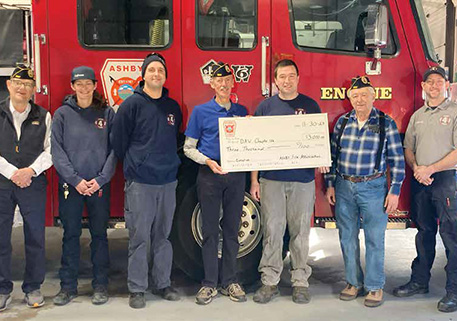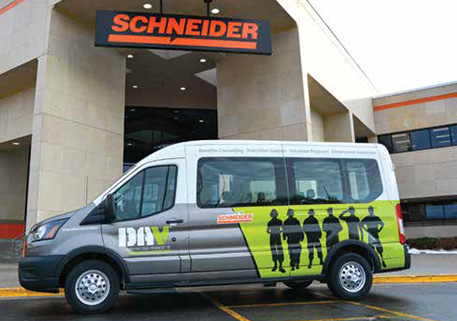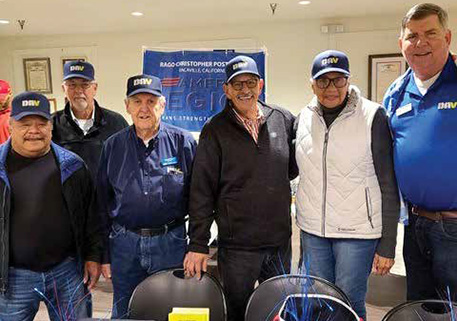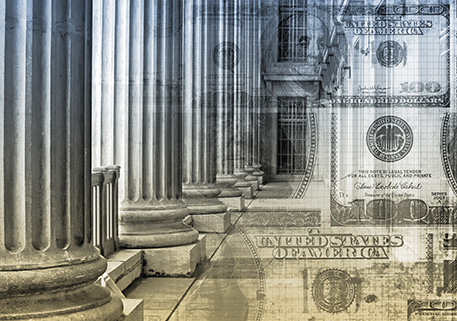The Administration’s budget, submitted to Congress earlier this year, requested an overall funding level of $74.2 billion for veterans medical care for fiscal year (FY) 2017, including $3.6 billion in medical care collections. DAV and its Independent Budget (IB) partners recommended $73 billion for medical care without third-party collections. Both the House and Senate propose funding the VA’s medical services slightly above the Administration’s request. However, when factoring out collections, Congress would underfund VA services by roughly $1 billion.
For FY 2018 advance appropriations for medical care, VA requested $70 billion, significantly less than the DAV and IB recommendation of $77 billion. Congress proposes $66 billion in FY 2018 advance appropriations, significantly less than both the IB and Administration’s request.
These large funding gaps center around unresolved questions such as the reauthorization or expansion of Choice and consolidation of community care programs, issues that are still being debated and examined by the IB and Congress. Those costs could exceed $12 billion in 2017, according to VA.
DAV and the IB recommended $2.25 billion for major and minor construction. However, Congress seems poised to meet the Administration’s funding request, with both the House and Senate proposing to match the Administration’s $900 million request. At this funding level, the VA will not have the capacity necessary to provide timely access to care for ill and injured veterans in the future.
The VA proposed an increase to $663 million for medical and prosthetic research for FY 2017, which has been matched by the House bill, but still below the IB recommended total of $740 million. This increase is primarily based on an additional $75 million of dedicated funding for the Million Veteran Program, a DNA research repository focused on veterans’ health. The Senate Appropriations Committee has proposed $675 million for vital VA research.
For the Veterans Benefits Administration (VBA), the budget proposed a total of $2.82 billion, which is matched by the House bill. The Senate bill proposes roughly $2.85 billion, but both proposals remain below the IB recommendation of $3 billion.
“Based on existing and projected workload, we estimate VBA needs to hire 1,700 additional employees,” said DAV Washington Headquarters Executive Director Garry Augustine, “1,000 for appeals processing, 300 for non-rating related work, 300 for call centers, and 100 for the fiduciary program. For vocational rehabilitation and education, we recommended an additional 158 staff to reach a 1-to-125 counselor-to-client ratio.”
For FY 2017, both the House and Senate Committees propose funding the Board of Veterans’ Appeals (Board) at the Administration’s request of $156 million. This represents a significant increase based on pending workload at the Board and within VBA. The current inventory could reach 500,000, when taking into consideration the number of new appeals entering the system daily. DAV and our IB partners support the Administration’s request to hire an additional 242 Board staff members.
“We believe that an even larger increase in staffing is necessary,” said Augustine. “However, our FY 2017 recommendation is based on an estimate of the Board’s ability to accommodate new employees while maintaining the current workflow.”
While the proposals are being passed back and forth, the Administration has threatened to veto any legislation that would fail to provide adequate funding for certain programs, including the VA.
At press time (mid-June), final actions on VA appropriations were pending in both Congressional chambers.
Find out about our IB partners at their organization websites below:






